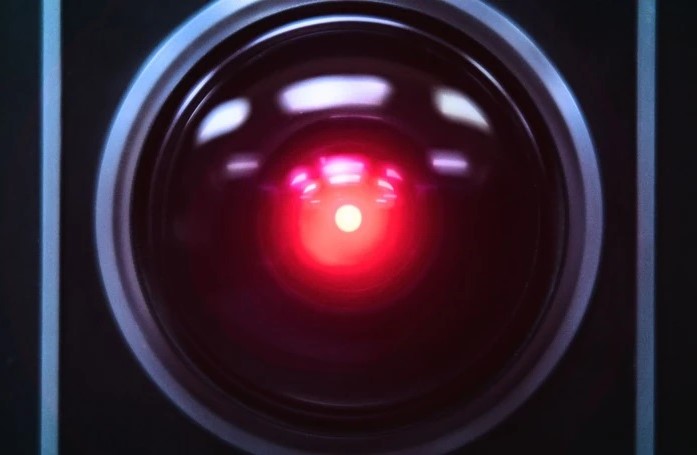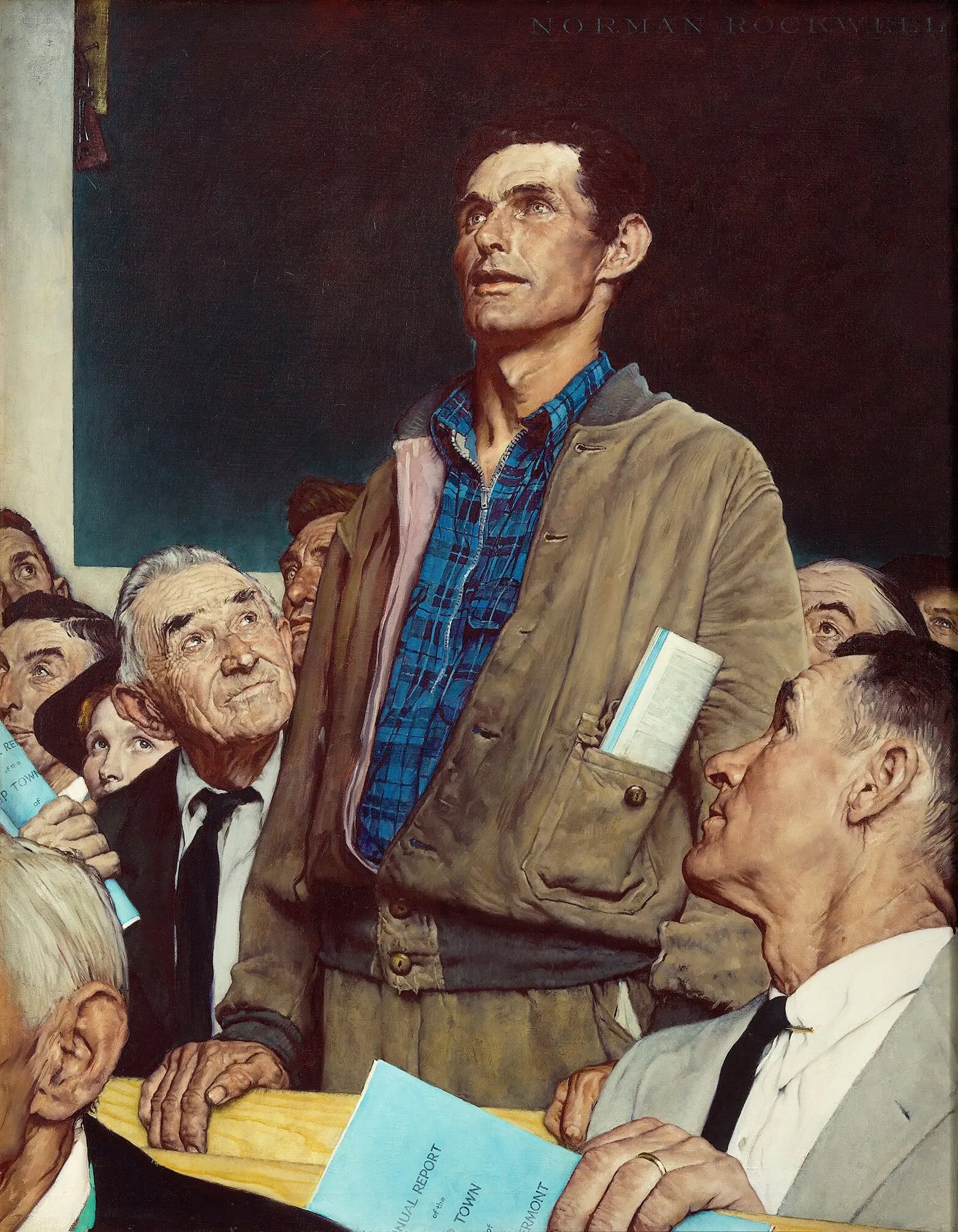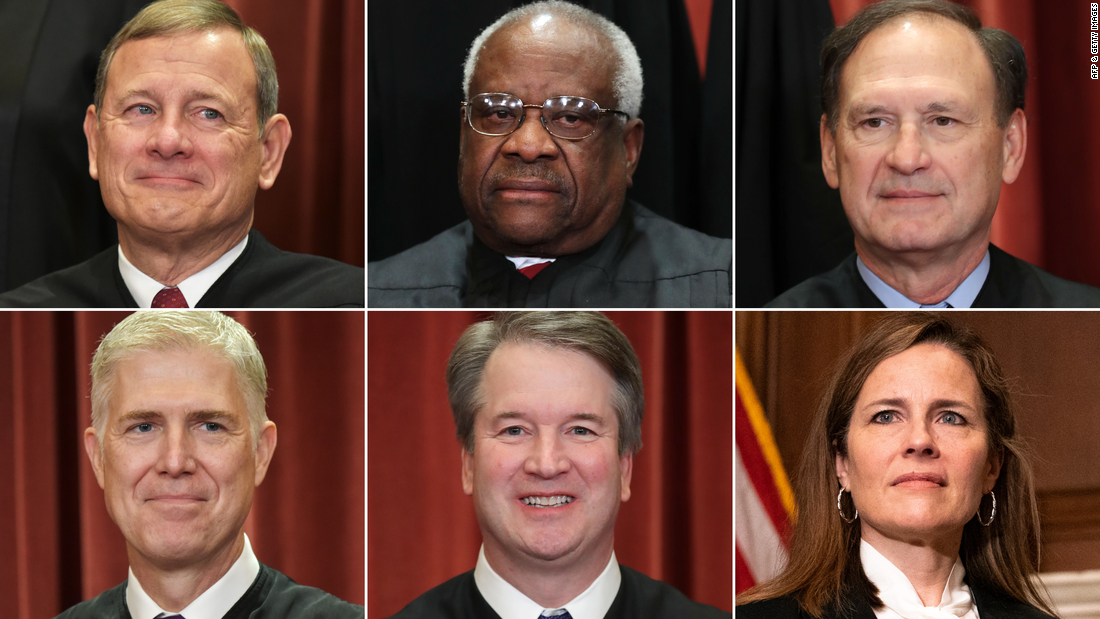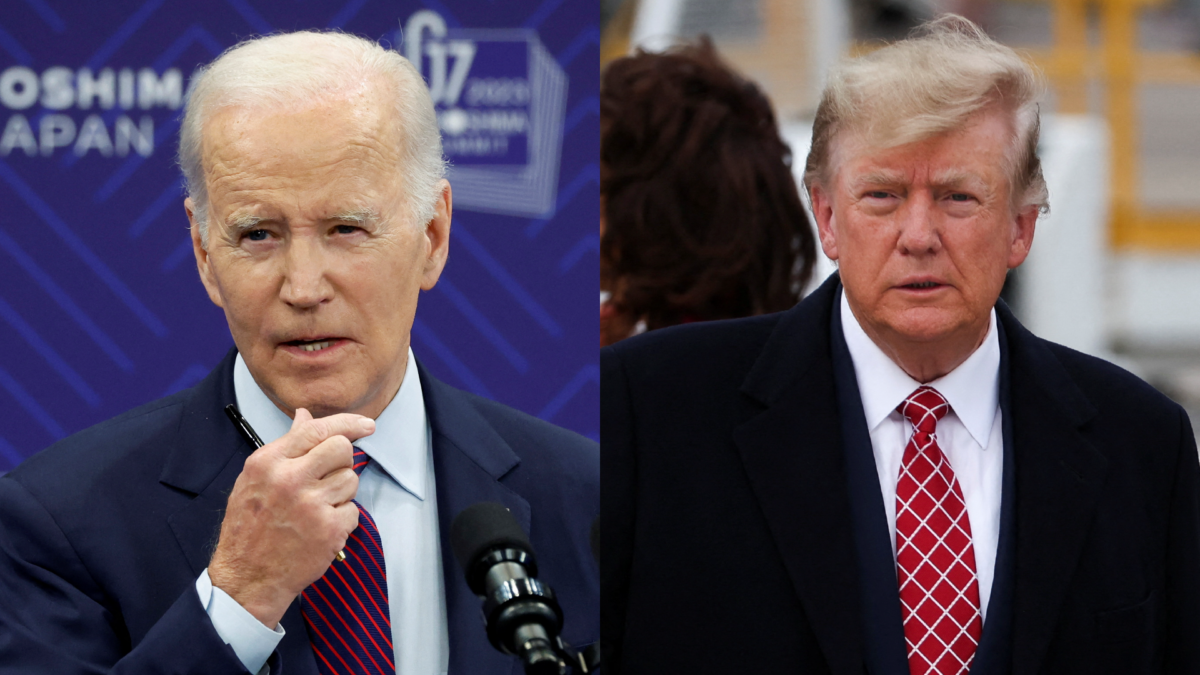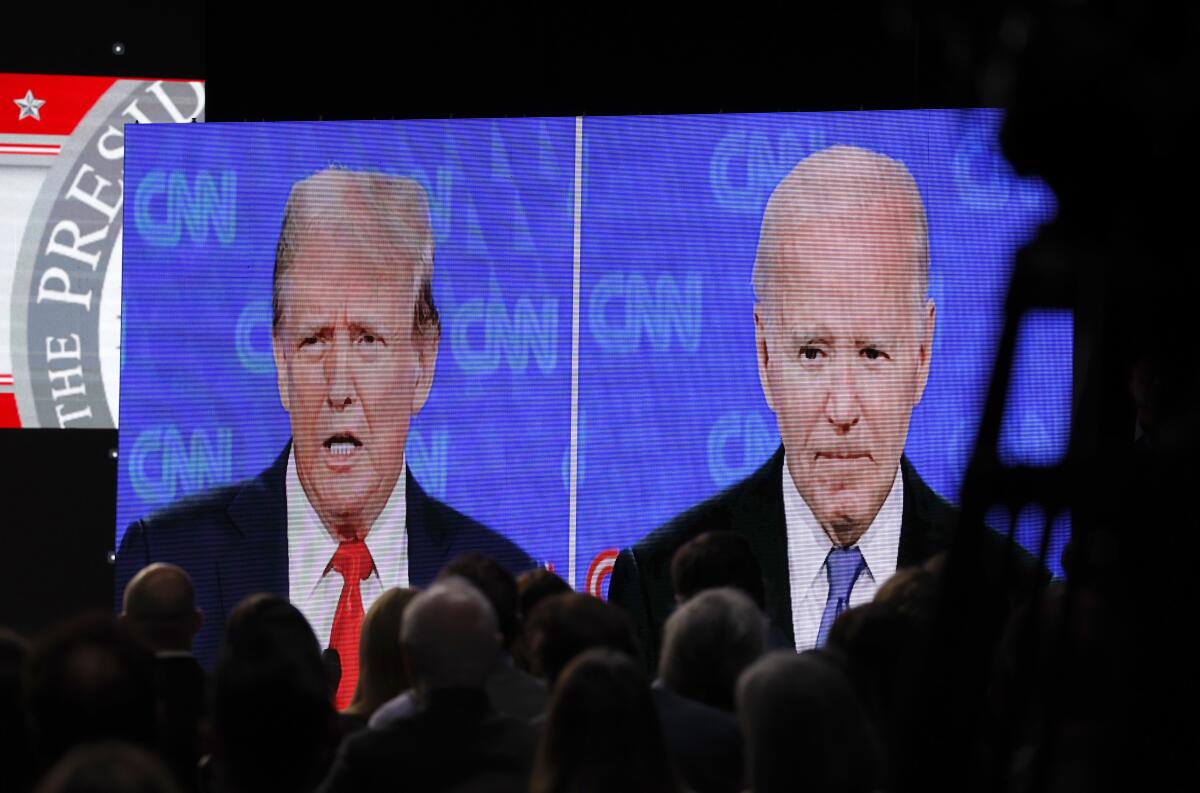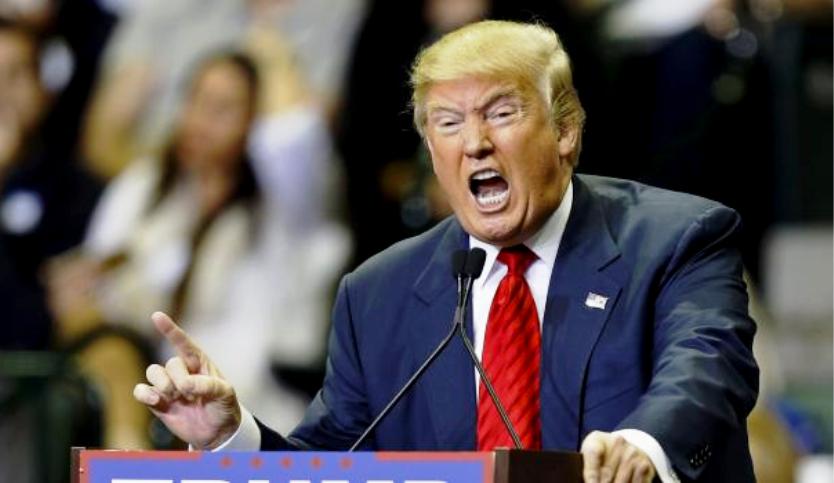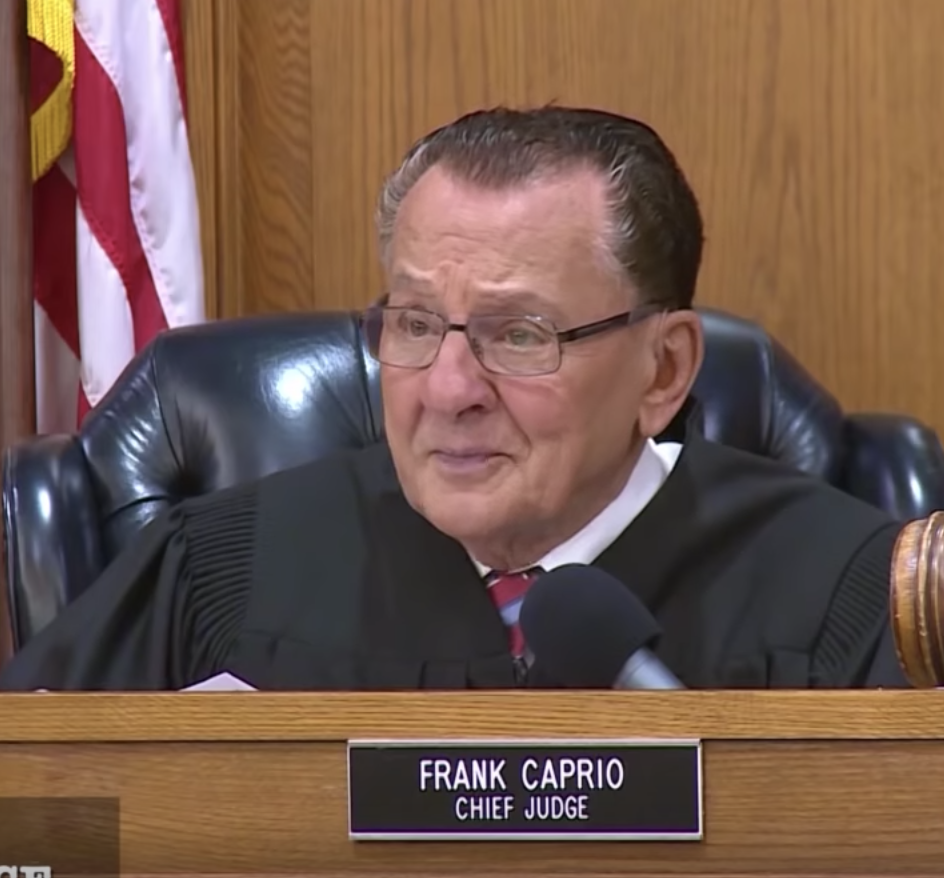With the recent shootings of two police officers in New York, the Eric Garner and Michael Brown protests , the Sony “hack,” the continued terrorist threats by the self-styled “Guardians of Peace,” and ISIS, Dr. Robert Sapolsky, a professor of biology, neurology and neurosurgery at Stanford University, finds meaning in a Christmas gesture made 100 years ago.
The front page of The Wall Street Journal’s Saturday Review (Dec. 20), offers lessons in self-restraint, cooperation and trust-building that world leaders can profit from today.
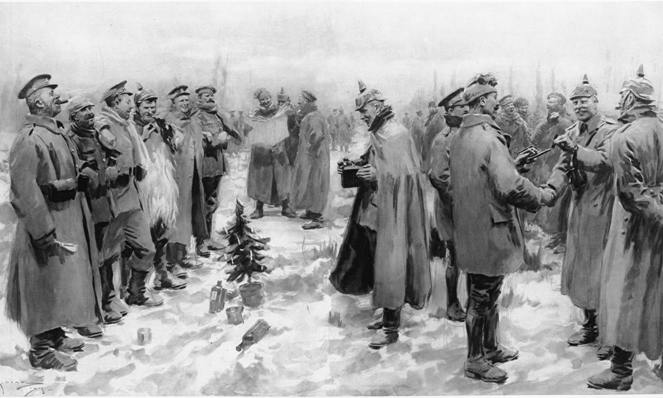
Sapolsky begins with a quote from the writings of British soldier named Frank Richards:
On Christmas morning we stuck up a board with ‘A Merry Christmas’ on it. The enemy had stuck up a similar one…. Two of our men then threw their equipment off and jumped on the parapet with their hands above their heads. Two of the Germans done the same and commenced to walk up the river bank, our two men going to meet them. They met and shook hands and then we all got out of the trench…
“Up and down the four hundred-odd miles of trenches on the Western Front, men risked their lives with similar acts, meeting opposing soldiers in ‘no man’s land.’ Wary and unarmed, they made their way out of their trenches, taking steps that, a day earlier, would have guaranteed their death at the hands of sharpshooters and machine gunners a hundred yards away.
“The relaxation of hostilities spread, and what has come to be called the ‘Christmas truce’ took hold. Soon, soldiers were holding joint burial services for the dead. They began trading goods. British soldiers had been given holiday tins of plum pudding from the king; German soldiers had received pipes with a picture of the crown prince on them; and before long the men were bartering these holiday gee-gaws that celebrated the enemy’s royals. Eventually, soldiers prayed and caroled together, shared dinner, exchanged gifts. Most famously, there were soccer matches at various locations, played with improvised balls. …
“Why did the 1914 Christmas truce work? The static nature of trench warfare meant that soldiers faced each other day after day. Sometimes, friendly shouting across the lines in the period before Christmas established a vague sense of connection. And the stationary fighting meant that, if you betrayed the truce, the other side knew where to find you for revenge. …
“Here’s where the lesser-known truces of World War I come in, because they occurred without the special circumstances of the Christmas truce: They were spontaneous, emerged without negotiations, without direct interactions or even formal communication.
“How did this system of ‘live and let live,’ as it has been called, evolve in the harsh environment of the World War I battlefront? … There tended to be a lull in the fighting during meals. Those pauses existed for the simple reason that no one, on either side, wanted to interrupt dinner to kill or be killed.
“But these lulls began to be used as ways to send signals to the other side. As the British historian Tony Ashworth writes in his book ‘Trench Warfare 1914-18,’ ritualizing these pauses made it possible to communicate through contrasting behavior. So the soldiers would make a point not just of shooting less frequently during dinner: They would let the guns thunder until the stroke of 6 p.m. and then go utterly silent until 7 p.m., every day. And if the other side started doing the same, they had essentially negotiated a narrow truce: no fighting during dinner. Similar truces evolved from lulls in fighting during horrible weather, when everyone’s priority became avoiding hypothermia.
“A next step occurred during situations in which mutual restraint was most tangibly beneficial, under the sort of win-win circumstances shaped by what evolutionary biologists call ‘the shadow of the future.’ Wagon trains delivering food on roads behind the lines were easy targets for artillery. But if you destroyed the enemy’s food, he would do the same in return. Thus, food wagons were mostly left unharmed. The same process made latrines safe zones. …
“Nor did violations destroy such truces. Mr. Ashworth documents the way that soldiers would toss a rock with a note attached into an enemy trench, saying things like, ‘Sorry, we must shoot for real, senior officers coming. We will stop tonight.’ …
“The punishment for such violations? Reminding the other side of the ‘shadow of the future’—that is, the likelihood of future retaliation. Mr. Ashworth describes an instance in which German troops unexpectedly fired a shell into British trenches. ‘We are very sorry about that; we hope no one was hurt,’ a German soldier soon shouted. ‘It is not our fault, it is that damned Prussian artillery.’ Back flew some British shells—and then the peace resumed.
No doubt a similar “shadow of the future” retaliation is under consideration by the White House in response to the Sony terrorist “hack” that originated from North Korea. (Unfortunately, I think a long-term strategy will have to be developed that includes on-going reprisals against these new sophisticated attackers; and, as in real war scenarios, will need the support of allies to become effective over time.)
Sapolsky now asks us to consider a contemporary scenario
“Step back from the grainy black-and-white photos of the Great War and consider a thought experiment in which all the fighters don’t know ‘Silent Night.’ Our adversaries today kidnap girls and sell them into slavery, commit atrocities and, instead of concealing their evil deeds, post them online. It is hard to imagine relaxing for a few minutes and exchanging holiday gifts with al Qaeda grunts.
“But time can bring about profound changes. At the ceremony in Hawaii commemorating the 50th anniversary of the attack on Pearl Harbor, a handful of the attending veterans were Japanese airmen who had participated in the attack. These tentative, elderly men came forward to apologize and to seek reconciliation with the elderly Americans who had been on the ground.
“This led to subsequent meetings with larger numbers of such veterans, joint ceremonies and something resembling friendships. One Japanese veteran paid for roses to be placed monthly at the U.S.S. Arizona Memorial; one American survivor, who worked as a docent at the memorial, playing taps there on his bugle daily, took to also playing the Japanese equivalent. And similar reconciliations have taken place between U.S. and Viet Cong veterans of the Vietnam War; there are even tour agencies specializing in trips to Vietnam for such veterans.
“The philosopher Daniel Dennett,” Sapolsky continues, “has pondered a revealing scenario: Someone is undergoing surgery without anesthesia but with absolute knowledge that afterward, she would receive a drug that would erase all memories of the event. Would the pain be less agonizing if she knew that it would be forgotten? Would the same happen to hatred, if you knew that with time, the similarities would become more important than the differences?”
I wish I had a simple answer to the issues of hate around the world. Perhaps the best response comes from the 2014 recipient of the Nobel Prize for Peace, Malala Yousafzai, the youngest to have received the award; an individual with an impassioned commitment to a peaceful future.
“We could not just stand by and see those injustices of the terrorists denying our rights,” Malala said in her acceptance speech, “ruthlessly killing people and misusing the name of Islam. We decided to raise our voice and tell them: ‘Have you not learnt, have you not learnt that in the Holy Quran Allah says: if you kill one person it is as if you kill the whole humanity?’
“Do you not know that Mohammad, peace be upon him, the prophet of mercy, he says, do not harm yourself or others. …
“As far as I know, I am just a committed and even stubborn person who wants … peace in every corner of the world.”
Comments

